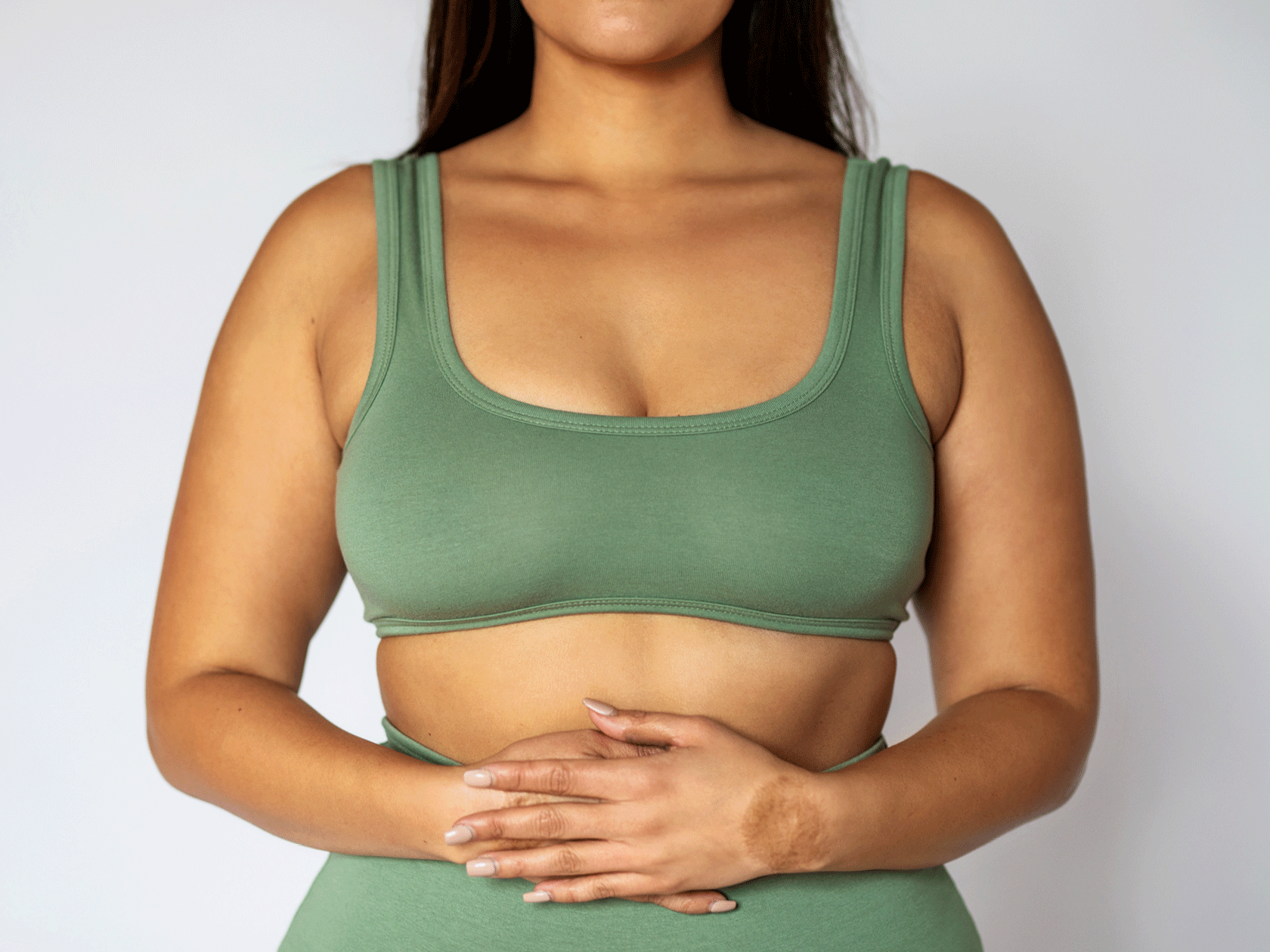You’ve been eating more fibre and taking probiotics, but how do you know if they are really working to improve your gut health?
We all want to see and feel results from everything we do – whether it’s a workout in the gym, a mindfulness practice before bed or the new motivation method you’ve implemented in the workplace. And that’s never more true than when it comes to your gut health.
While we’re never short of tips and tricks to improve gut health (probiotics, 30g of fibre a day, throwing kimchi on your dinner…), how do you know if your gut health practices are really working?
That’s the question we put to Professor Barbara Ryan and registered dietitian Elaine McGowan, aka The Gut Experts. First things first, they say that the most important step in supporting your digestive system is visiting a doctor to get or rule out a diagnosis before attempting to ‘fix’ your gut.
You may also like
Can you really ‘starve’ bad gut bacteria for better gut health?
“If you are experiencing uncomfortable digestive symptoms, you shouldn’t embark on any regime to ‘heal’ your gut without getting to the root cause of what is causing your problems, so start by seeing your GP to get a diagnosis,” they say.
If you have serious conditions then no lifestyle intervention will ‘heal’ you. “As a gastroenterologist and clinical dietitian, we think more in terms of ‘helping one’s symptoms’ or treating a medical condition. What steps you need to take will depend on the severity of your symptoms, how much they are impacting on your life and will obviously be strongly influenced by your own personal creed and dietary preferences,” they add.
How long should you practice gut habits before quitting?
If you are suffering from discomfort that doesn’t require a clinical diagnosis, or have a ‘functional condition’ such as irritable bowel syndrome (IBS) or Functional Dyspepsia (FD) that can be managed with lifestyle, what next?

“There are many simple steps that you can take to improve gut symptoms and/or your gut condition if you have one, and taking a holistic approach is key,” say The Gut Experts. And the good news is that you may notice improvements fast.
“Making dietary changes can have a benefit within two to four weeks if the right changes have been made. These may include simple changes to eating patterns and behaviours, and perhaps following a low fermentable diet (known as low FODMAP, and excluding foods such as garlic, apples and other gas-iproducing foods)as directed by a registered dietitian,” they add.
Why does my gut feel like it’s getting worse rather than better?
While your new high fibre diet and probiotics are meant to help your bloating, gas or stomach aches, many complain about some symptoms getting worse when they make these changes.
You may also like
Fibre supplements: do they have the same gut health benefits as fruit and vegetables?
Initial discomfort may be expected, say The Gut Experts: “If you have avoided a food for an extended period of time it’s certainly possible that you’ll experience some gut symptoms like bloating or wind when you reintroduce this back into your diet.”
And that’s particularly true with one of the first tweaks we make when eating for gut health: upping our fibre. “Many people nowadays are eating significantly less than the recommended amount of fibre per day. On average, adults in the UK are only eating 60% the amount of fibre that they should be. Increasing this amount suddenly will likely lead to bloating, as your gut bacteria literally feast on the increased fibre and produce gas as a result.
“For this reason, we recommend increasing fibre gradually, by say, five grams per week. The same thing can happen if you have been avoiding wheat-based foods for a period of time, but re-introducing it (outside of those with celiac disease) can be particularly beneficial for the bifidobacteria in your gut.”

If probiotics are your choice, then follow The British Society of Gastroenterology guidelines of trying them for 12 weeks and discontinuing them if there is no improvement in symptoms after that time. “There are many different probiotics on the market, and many have no proven benefit in IBS and other gut problems. So do your homework before taking one, asking if there is any evidence of benefit for the particular probiotic you’re planning on taking,” add The Gut Experts.
How to tell if your gut health is improving
Unfortunately, there’s no single measure for what good gut health looks like. You can’t count your number of good bacteria every day, nor track the inches of your bloat. Knowing what works is subjective. “A reduction in uncomfortable gut symptoms like bloating, wind or crampy pain is a good indication that your new dietary and lifestyle habits are making a positive difference,” say The Gut Experts.
For that reason, keeping a note of your own digestion and patterns is the best way to see if your habits are ‘working’. “If your uncomfortable gut symptoms aren’t resolving or in fact have worsened, then your new habits probably aren’t right for you,” they add.
“It is worth keeping a symptom and lifestyle diary whilst you trial new habits to see if you notice any correlation. It’s also important not to try too many things at once as this can make it more difficult to identify what is working well for you, so develop a suitable plan with your doctor or dietitian.”
You may also like
Bloating: is our obsession with de-bloating causing too much worry about a normal bodily function?
It’s also important to just look outside of limiting or introducing different foods when it comes to improving digestion. “The gut-brain axis plays a major role in IBS and related conditions. For this reason, it’s vital to look after your mental health and to take a holistic approach when you’re making changes to try to help your symptoms,” The Gut Experts say.
They call this the TEAMS approach.
T: total gut and body health
E: exercise
A: alcohol (should be kept to a minimum and within low risk drinking guidelines)
M: mental health
S: sleep
Before throwing in the towel, perhaps check that all of the areas in your life are supporting your gut health to really see improvements in digestion, bloating and discomfort.
Images: Getty
Source: Read Full Article
